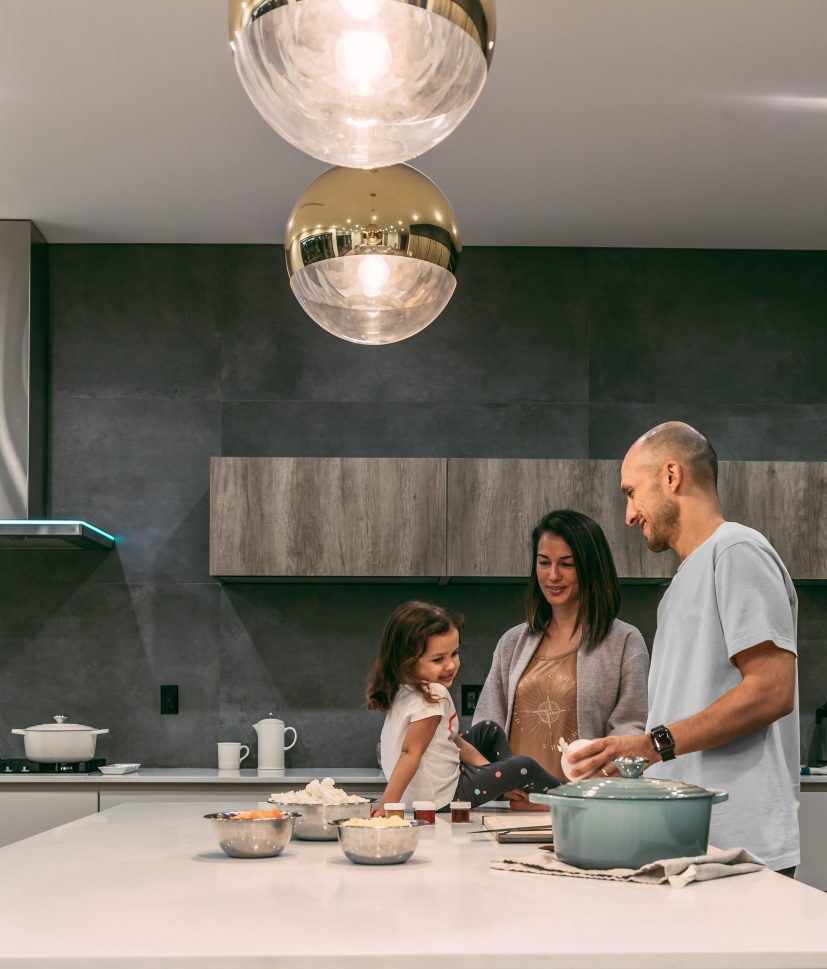
July 01, 2019 Rent-vesting. The good and the bad.
If you’ve been close to the property market over the past few years, you’ve no doubt come across the term ‘rent-vesting’ in your travels. If you haven’t, it’s basically where you’re both a landlord and a renter at the same time.
Rent-vesting’s a concept that’s exploded in recent years. So much so there was even a rent-vesting expo held in Sydney a couple of years’ back. The figures speak for themselves. A Mortgage Choice survey in 2014 revealed that ‘rent-vesters’ comprised 20 percent of all property investors that year, which then jumped to around 33 percent in 2016.
I’d argue it’s a by-product of the seemingly exponential run of the property market. I’d also argue it’s likely a generational thing, with Gen Ys struggling to get into the market. It all comes down to what you’re willing to sacrifice.
Long story short, people who want to live in one particular suburb but can’t afford to buy there, buy an investment property in a suburb where they can afford and rent where they actually want to live.
Sounds simple, right? Well, many believe it’s the best of both worlds, while others argue the reality’s not that great.
Let’s start with the good…
Depending on your circumstances, rent-vesting makes absolute sense to get a foot on the property ladder if you’re a first-home buyer.
If you’ve been looking to get into the market for a quite a while, can only borrow so much and keep getting outbid at auctions, it’s definitely an option to keep up your sleeve. Hypothetically, it’s a strategy that lets you enjoy the lifestyle you want now, but, importantly, it allows you to start building a property portfolio for the future.
In the meantime, your tenant’s helping you pay down your mortgage. The one thing I will point out is just be sure to get your head around capital gains tax down the track if you ever decide to sell.
Now for the bad…
I think perhaps the biggest thing first-home buyers who opt to become rent-vesters tend to overlook is that there’s a lot more to being a landlord than simply collecting rent each month and paying it off your mortgage.
People often don’t factor in all the ongoing costs associated with owning a property – rates, ongoing maintenance and repair costs, landlord insurance, real estate agent fees, potential renovations, the list goes on.
The other big thing to consider is that, as a renter yourself, leases tend to be quite short term these days, which means you may have to relocate every couple of years. This is a big one to consider if, say, you have a young family – stability and continuity are everything.
It’s also important to remember that it’s becoming increasingly difficult to get finance from the banks if you’re an investor, which may seriously curb how much you’ll be able to borrow.
All in all, I can’t stress enough just how important it is to get proper advice. If you are considering rent-vesting as an option to get into the property market, give us a shout, and we’ll talk you through the pros and cons in a bit more detail. Like anything, it’s about understanding what you’re potentially getting yourself into before taking the plunge. Feel free to give me a shout.






No Comments